- 11% of vulnerable people, compared to 5% of the general population, have been pressured into taking out credit in their name for someone else
- Rising cost of living becoming a significant barrier to escape for many in abusive relationships
UK, 11 January 2023 – New research has revealed that 1.6 million people who have identified themselves as vulnerable were pressured into taking out credit or services for someone else, in last 12 months.
Undertaken for the Vulnerability Registration Service (VRS), the research has highlighted that in the past 12 months, 5% of UK adults (2.7 million people) have been pressured to take out credit or services in their own name, but for someone else. Among the most vulnerable, however, this is 11%.
The research also revealed that more men than women have admitted to being subjected to pressure to take out credit recently – 7% of men (1.8 million) compared to 4% of women (1.1 million).
This is known as financial abuse, described by Martin Lewis as the hidden financial cousin of domestic abuse[1]. Abusers control their victim’s freedom and independence by controlling their access to finances and coercing them into debt. In the end they are often left with unmanageable debt, poor credit ratings and being chased for repayments.
With 28% of the UK population now worried about the rising costs of living, there may be more people finding themselves trapped in abusive relationships.
Helen Lord, CEO of the Vulnerability Registration Service (VRS), said: “Financial abuse is isolating both men and women from family and friends, but also from their confidence and ability to escape their tormentors. Pushed into a spiral of debt, and now with the escalating costs of living, leaving is simply not an option. These people are highly vulnerable and do not know how to protect their financial wellbeing without placing themselves at further risk of abuse from partners, relatives or carers they may be reliant on.”
Service providers – be it banking, insurers, utilities, housing, telecoms – are contributing to the nightmare experienced by these individuals by continuing to allow access to products and services in their names.
These organisations are also making it too difficult for them to highlight their circumstances to them, so that more appropriate actions can be taken. VRS research shows that nearly one in four (24%) people in vulnerable circumstances had to keep on repeating their difficult story to multiple departments within each organisation.
The VRS is urging organisations to share data with each other and work more closely with those charities and third parties supporting victims of abuse, so that they can identify victims of abuse at an earlier stage, adjust their actions to more appropriate ones and ensure sure they are not making matters worse for them.
Helen said: “The end of an abusive relationship doesn’t signal the end of that nightmare, as the debt can follow them for years. The organisations they are in debt with continue to form a large part of that nightmare by making it hard for them to rebuild their lives, chasing people for repayments they can’t make, making it difficult for them to talk to the right person about their circumstances and making them repeat their painful story each time they have to engage. It’s simply not good enough for these organisations to plead ignorance and say they were unaware of a vulnerability or financial abuse. The data they need is there – they must use it to identify who those vulnerable people are and play a more active role in protecting those customers who cannot protect themselves.”
The VRS is working with charities like Abused Men in Scotland (AMIS) to help protect victims of abuse.
Iris Quar, Services Manager at AMIS, said: “We need to give victims of financial abuse a way of taking back some control. Taking away their partner’s ability to apply for credit in their name is a valuable starting point for them. But when you consider how many organisations they’d need to contact, it feels like an impossible task. The VRS gives them a way of doing this without having to formally contact each service or credit provider, or risk alerting their abusive partners to the fact that they are taking action.”
Organisations like Surviving Economic Abuse are also doing valuable work in this area and believe that 95% of domestic abuse victims experience economic abuse and will owe money, on average to five creditors.
Dr Nicola Sharp-Jeffs OBE, founder and CEO of Surviving Economic Abuse said: “As the cost-of-living increases, the impact of any unmanageable debt will be more severe, restricting options and trapping victims with an abuser. It has never been more important that financial services act to support victim-survivors of economic abuse so that they can reach safety.
“Abusers often hide information, so it’s vital for victim-survivors that to check their credit reports and know whether there are credit agreements they are unaware of. If a partner, ex-partner or family member has forced you to take out credit, you are not alone, and the Surviving Economic Abuse website has resources to support you.”
The VRS is a non-profit organisation that helps organisations across various sectors identify who their vulnerable customers are, for example victims of abuse would be highlighted through a ‘risk of coercion’ flag. They can then focus their resources and adapt their actions appropriately, such as turning down a request for a new loan, service or higher credit card limit, and exercise the caution needed to handle such situations. Crucially, the abusive partner will not be given any indication of why the service or credit has been turned down, ensuring further harm is not caused to the victims.
Victims of financial abuse can also register to the service for free, so that their circumstances are flagged to organisations without their abusers finding out.
For more information on the Vulnerability Registration Service, visit: https://www.vulnerabilityregistrationservice.co.uk/
ENDS
For more information or to arrange an interview, please contact Serj Hallam at Nellie PR. Email: serj@nelliepr.co.uk Tel: +44 (0) 7789 372 771 or Ellen Carroll at Nellie PR. Email: ellen@nelliepr.co.uk Tel: +44 (0) 1392 927746 Mob: +44 (0) 7790 631 547
Note to editor:
Helen Lord is available to be interviewed and provide comment about how vulnerable customers, in particular victims of financial abuse, can be better identified and supported, and the need for greater data sharing across industries to protect the most vulnerable people.
Case study: Rosie Lyon is a young person who escaped her abusive partner and was left to deal with a significant amount of debt that did not belong to her. She would be happy to be interviewed about her experiences. She said: “Financial abuse was a big part of my own experience, the impact of which lasted for years after my relationship finally ended. I found it extremely difficult to rebuild my life financially and I particularly struggled with the organisations involved. I can’t stress how important it is that organisations do better at supporting people experiencing financial abuse.”
The research was conducted by Censuswide, with 2,048 respondents aged 16+ in UK between 21.07.2022 – 26.07.2022. The survey was conducted from a nationally representative sample of UK adults. Quotas were applied to nationally representative proportions for age, gender and region. Censuswide abide by and employ members of the Market Research Society which is based on the ESOMAR principles. Censuswide are also part of The British Polling Council.
About The Vulnerability Registration Service: www.vulnerabilityregistrationservice.co.uk/
We help financial services providers and utility companies to identify and ensure the fair treatment of vulnerable customers – helping to reduce debt, financial problems and harm.
The Vulnerability Registration Service (VRS) is a not-for-profit company providing the UK’s first central vulnerability database. Registering with the VRS is completely free for vulnerable customers and their representatives to help inform financial services, utility, debt collection and other organisations of their vulnerable circumstances such as financial abuse, risk of fraud, over-indebtedness, and power of attorney. The Vulnerability Registration Service is used by organisations to help them ensure vulnerable customers are treated fairly and appropriately, and that their financial and vulnerable circumstances are taken into account.
[1] https://blog.moneysavingexpert.com/2019/06/martin-lewis–financial-abuse–joint-accounts-and-managing-money/





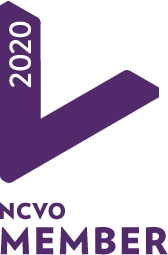
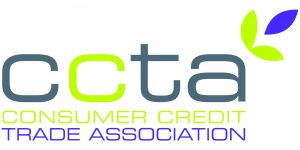
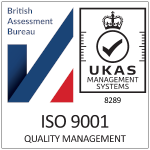

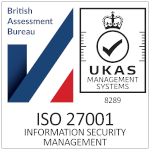
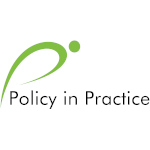
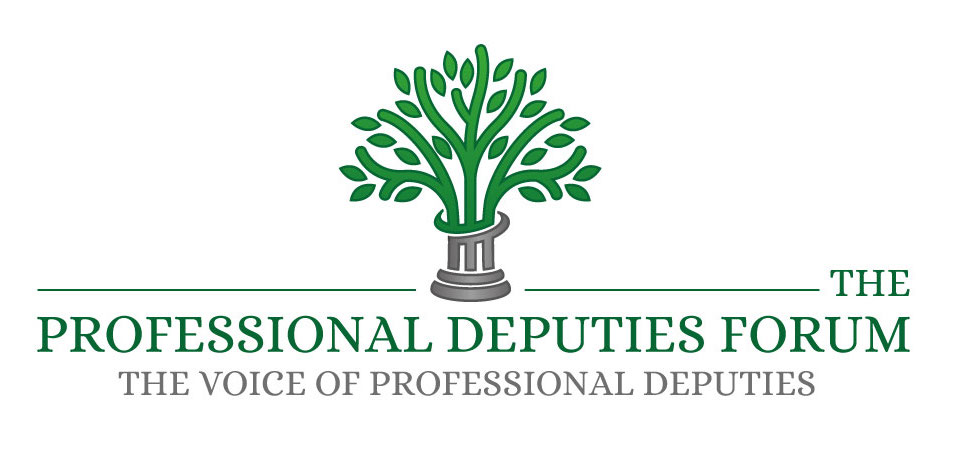

Post a comment